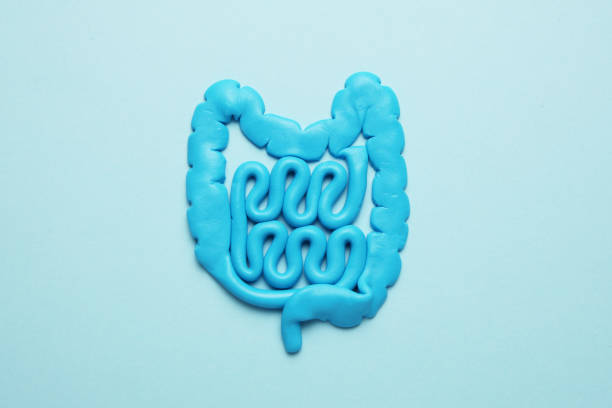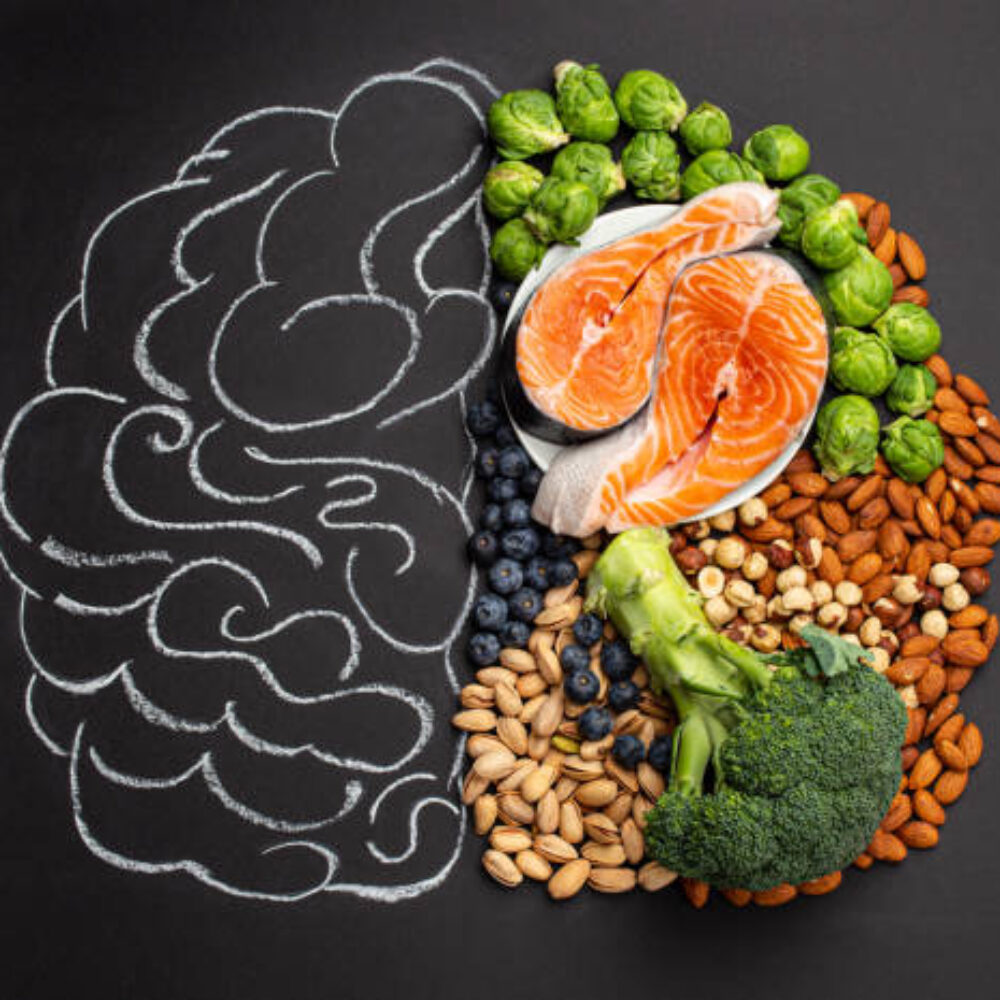Your gut health is important for your overall health. To stay healthy, it’s essential to take care of your gut. In this post, we’ll look at some simple ways to improve gut health.

1. Chew your Food Properly
Digestion is easy if food is chewed well. We love to eat. But many people do not chew their food correctly. Many people do not know about the benefits of chewing food well. If food is not chewed properly, it causes digestive problems.
When in a hurry, many eat food without chewing it properly. Experts say this practice needs to be eliminated. According to research, each bite should be chewed at least 30 to 50 times.
Benefits of chewing food well:
Digestion improves with proper chewing, preventing problems like bloating and gas.
Food breaks down more effectively, making digestion easier and allowing the body to absorb nutrients better.
According to various studies, chewing food well contributes to weight loss. How? Chewing food slowly signals the brain that the stomach is full and needs to stop. If you eat quickly and don’t chew well, this signal does not reach the brain, leading to overeating and weight gain.
Chewing well enhances the taste and smell of food.

Eating quickly or hastily without chewing enough can cause problems such as:
Indigestion and diarrhea
Abdominal gas, bloating, and acid reflux
Abdominal pain, nausea, headache, discomfort, irritability, and intolerance
Malnutrition and weight gain
Tip: Drink water 20-30 minutes before or after eating to aid in complete digestion.
2. Fasting
Initial evidence suggests that intermittent fasting may benefit your gut health, particularly by increasing the diversity of your gut microbiome and the “good” gut bugs that reside there.
Certain foods may improve your gut health while intermittent fasting, as well as help support you during fasting periods.
Intermittent fasting helps improve our gut health. Now, let’s understand how to do it:
Following a consistent routine of eating breakfast, lunch, or dinner at the same time every day and abstaining from food during the rest of the day; restricting food intake for a few days (drink water, tea, coffee without milk; but avoid high-calorie foods); and on the remaining days, eat as healthy as you like.
Eat normally 5 days a week and limit food intake on the remaining 2 days to consume 500-600 calories daily. Drinking only water and black coffee are basic examples of ‘intermittent fasting’.
Fasting increases the release of growth hormone, which is important for growth, metabolism, weight loss, and muscle strength.
In 2021, a group of researchers reported that fasting increased the diversity of helpful bacteria in the gut microbiome, including Christensenella species associated with longevity.
Another important point is that ‘intermittent fasting’ induces autophagy in our body, resulting in the recycling of cellular components and allowing cells to shed unnecessary or redundant genes, potentially increasing cell longevity.
According to psychologists, fasting properly leads to a routine-oriented life. Consequently, various aspects of health come into play alongside food. By restricting food intake during fasting, it is possible to control bodily impulses and excitement, which may help in staying away from drugs and pornography.
Additionally, fasting can offer protection from physical and mental harm. A 2021 study found that fasting can help reduce anxiety and depression in some cases.
3. Avoid smoking for gut health
Smoking can harm your gut by lowering good bacteria and damaging the stomach lining. Avoiding smoking helps fix gut health and improves digestion.

How smoking can impact your digestive health
Smoking can be harmful to your digestive health in many ways. Here’s how:
- Smoking harms the muscles in your food pipe (esophagus). Which can cause acid reflux or heartburn.
- It lowers the natural mucus in your stomach and causes ulcers.
- Smoking slows down the movement of food through your intestines, which can cause bloating, gas, or constipation.
- Smokers are more prone to problems like Crohn’s disease or ulcers in their digestive system.
- Smoking can strain your liver, making it harder for it to process toxins.
Improving gut health doesn’t have to be complicated. Simple changes like mindful eating, sometimes fasting, and avoiding smoking can improve gut health. These simple ways can also improve your digestive system and overall health.




